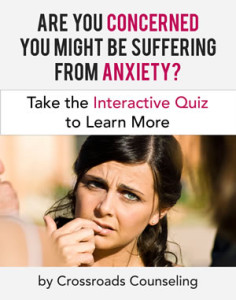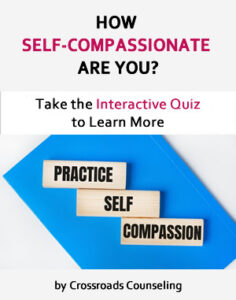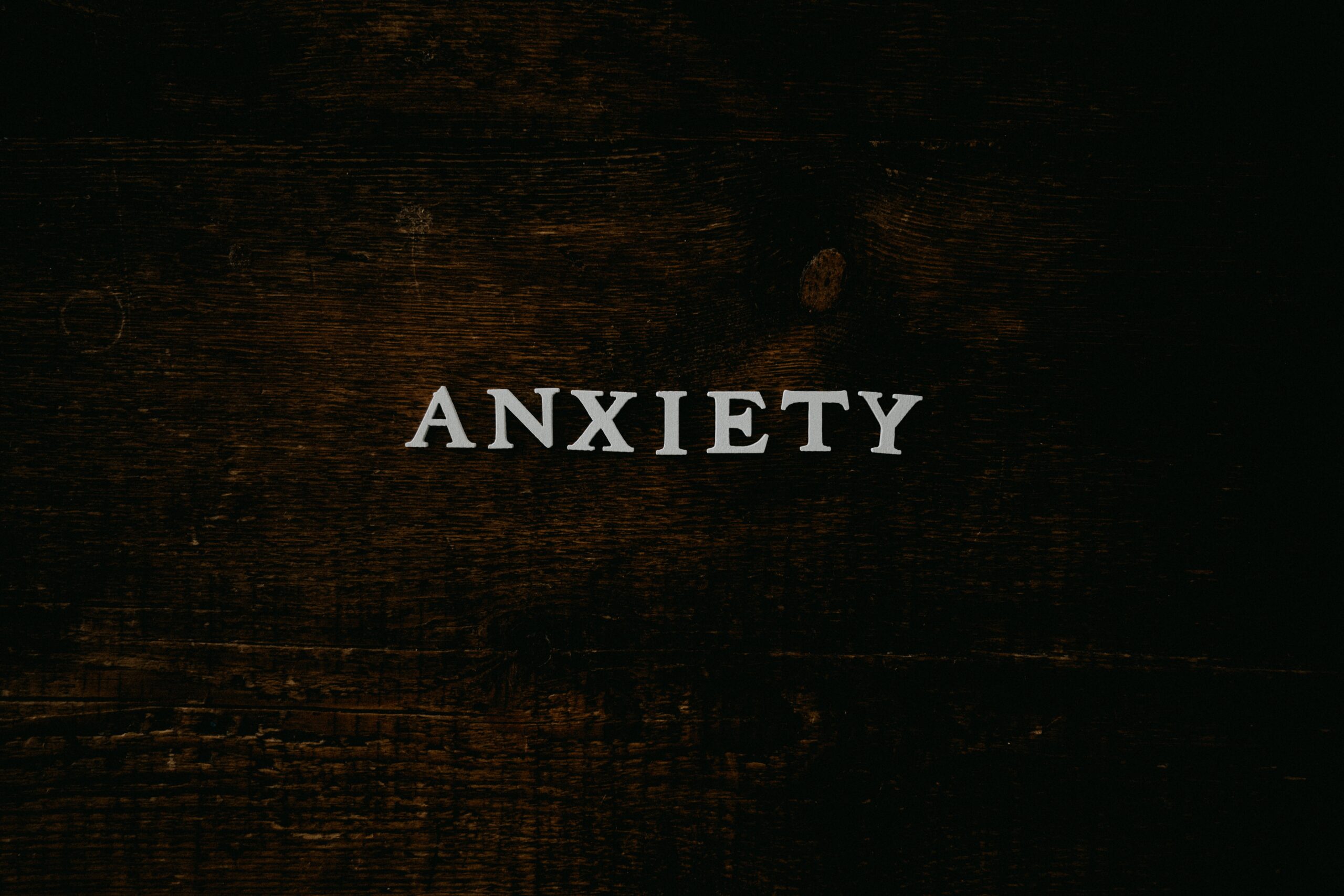Anxiety doesn’t specifically target one gender. It can impact anyone, and the effects are often similar between men and women.
However, not all the signs and symptoms of anxiety are exactly the same between the two. Understanding how anxiety specifically affects women can help you realize what you’re experiencing. Acknowledging your anxiety is the first step toward treating and managing it. Having a better idea of how women experience it can make that first step easier.

Do Women Experience More Anxiety Than Men?
Before getting into specific symptoms, it’s important to understand that while women aren’t necessarily more susceptible to anxiety, they do typically experience it more often than men.
There are several external and environmental factors that can contribute to that statistic. Some people argue that it has to do with hormonal fluctuations or that women use worrying as a way to motivate themselves or “prove” themselves. Others believe that more worrying external factors are to blame, including everything from safety issues to gender pay gaps.
Whatever the case, it’s essential not to ignore some of these common causes and triggers. As a woman, recognizing what’s causing your anxiety can eventually make it easier to deal with. You’ll either be able to avoid those triggers or find ways to shift your perspective and feel safer as you face them.
What Are the Symptoms of Anxiety in Women?

First, understand that anxiety is different from nervousness. It’s perfectly normal to experience “butterflies” or deal with nerves in unfamiliar or uncomfortable situations. Anxiety is often largely rooted in uncertainty. It’s the “what if” situations going on in your mind that can make you so incredibly fearful. With that in mind, some of the most notable symptoms of anxiety in women are:
- Changes in sleeping and eating habits
- Fatigue
- Nausea
- Restlessness
- Irritability
Moments of extreme anxiety and panic can also cause trembling, sweating, and feeling faint or dizzy. While anxiety is a mental health condition, it manifests itself in the form of many physical symptoms. Between those symptoms and the persistent fear, it doesn’t take long for anxiety to take over nearly every area of your life.
What Can You Do?
Anxiety is one of the most common mental health conditions across the globe. Thankfully, it’s also one of the most manageable.
However, it doesn’t typically go away on its own. If you’ve been experiencing any of the symptoms listed above or you regularly deal with excessive worry or fear, it’s time to take action. Your anxious thoughts don’t need to control your life forever.
If you think you have anxiety, don’t hesitate to reach out for help. Talking to an anxiety therapist is one of the best ways to overcome the effects of anxiety.
Therapy will help you get to the root cause of your anxious thoughts. Maybe it’s one of the factors we talked about earlier, or something completely different. Accepting and eventually overcoming your triggers is often easier with someone on your side to guide you.

It’s not easy to admit, but you might be more prone to anxiety as a woman than you realize. If you’ve been trying to ignore it or “use” it to get more things done, you’re going to burn out quickly. Emotions always demand to be felt. Instead of pushing it down, don’t hesitate to seek out professional help as quickly as possible.
If you’re struggling with the negative effects of anxiety, don’t let stigmas cause you to suffer in silence. Feel free to reach out for help and schedule an appointment soon. You can take control of your life again without letting invasive, fearful thoughts win.
Begin Anxiety Treatment With a Therapist in Phoenix, Scottsdale and Online in AZ
Our team of caring therapists understands that the decision to bring your child into counseling can be intimidating as a parent. This is why we are happy to offer a complimentary 20-minute phone consultation. Our locations for child therapy are located throughout the valley with counseling centers located in Phoenix, Anthem, online in Arizona, and Scottsdale. You can start your therapy journey with Crossroads Counseling by following these simple steps:
- Contact Crossroads Counseling for a complimentary 20-minute phone consult
- Meet with a therapist specializing in women’s issues
- Start coping with your anxiety symptoms
Feel free to learn more about our practice by visiting our about page, FAQ, and blog, or read more about our staff members to start finding your best therapeutic fit! or, call us at 623-680-3486, text 623-688-5115, or email info@crossroadsfcc.com for more information!
We understand that seeking anxiety counseling can be a nerve-racking decision, which is why we offer a complimentary 20-minute phone consultation. Our locations for anxiety therapy are located throughout the valley with counseling centers located in Phoenix, Anthem, and Scottsdale.
We offer counseling specifically focused on women’s issues. To learn more please click here.
Want to learn just how anxious you are? To take an anxiety quiz click here.











